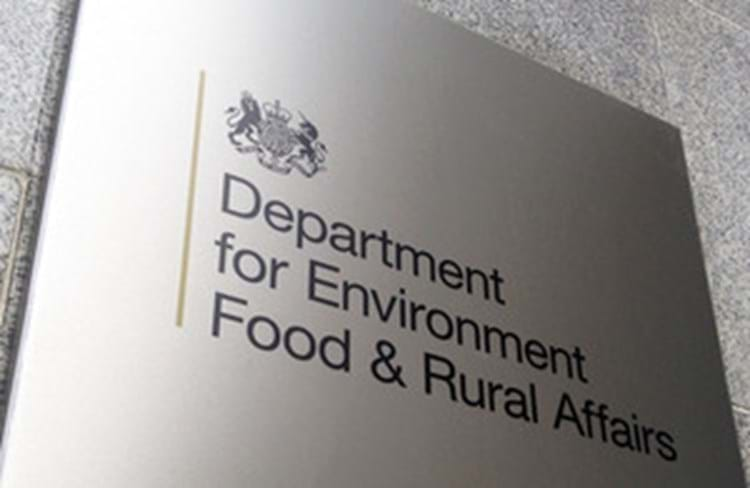
A four-week consultation has been opened (running until September 19) on the government proposals on how sanctions will be enforced when the new law is broken.
This new consultation asks for views on the proposed enforcement regime, the statutory guidance for civil sanctions and the appeals process.
It follows a series of consultations surrounding the Act including the most recent (ended September 11) on the possibility of extending the ban beyond elephant ivory to include hippo, narwhal, walrus and whale ivory.
Defra said it will shortly publish a response to the consultation on the implementation of the Act (which closed on May 4) when it will confirm its plans for implementation.
A spokesperson for The Department for Environment, Food and Rural Affairs (Defra), said: “We are currently consulting on the enforcement of the Act. This will be the last consultation on ivory ahead of its implementation by the end of this year for the ban to come into force in spring 2022.”
Delays to enforcement
The Act was given Royal Assent in December 2018 but the enforcement of it has been delayed due to the administrative and legal changes needed to be in place around the workings of the new law as well as a legal challenge mounted by antiques dealers under the Friends of Antique Cultural Treasures (FACT) Ltd, a lobby group set up to fight the near-total ban.
Mark Dodgson, secretary general at British Antique Dealers’ Association (BADA), said: “I am still in the process of reviewing the government’s [enforcement] proposals, but my initial reaction is that it seems as though they have tried to provide a flexible sanctions regime that’s designed to take account of circumstances.
“Most breaches of the Ivory Act will be unintended, so I hope that they will use the option of ‘enforcement undertakings’, where a business can correct its mistakes and undertake not to repeat them, rather than fines.
“They have also listed the factors to be taken into account before a fine is issued and presumably in determining its size, and these seem sensible.
“I believe we should underline to the Government how important it is to distinguish between administrative errors or omissions, such as failure to register an item containing only a tiny amount of ivory, and more substant ive breaches.”
The latest (and final) consultation can be found on Defra's website at https://consult.defra.gov.uk/communications/enforcement-of-the-ivory-act-2018/














